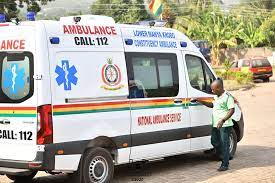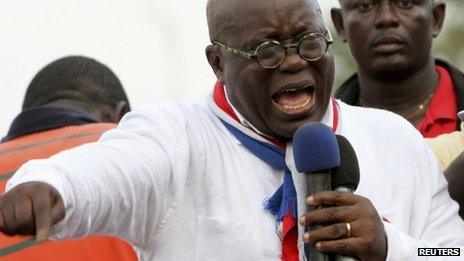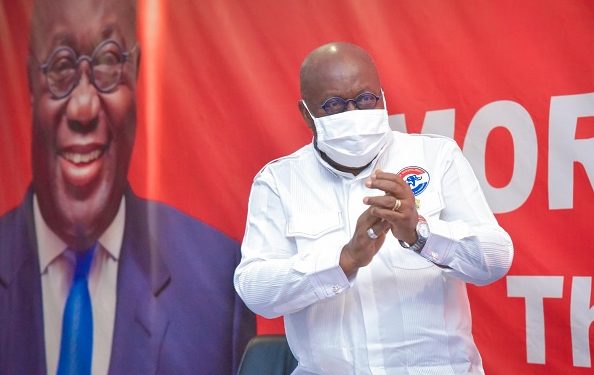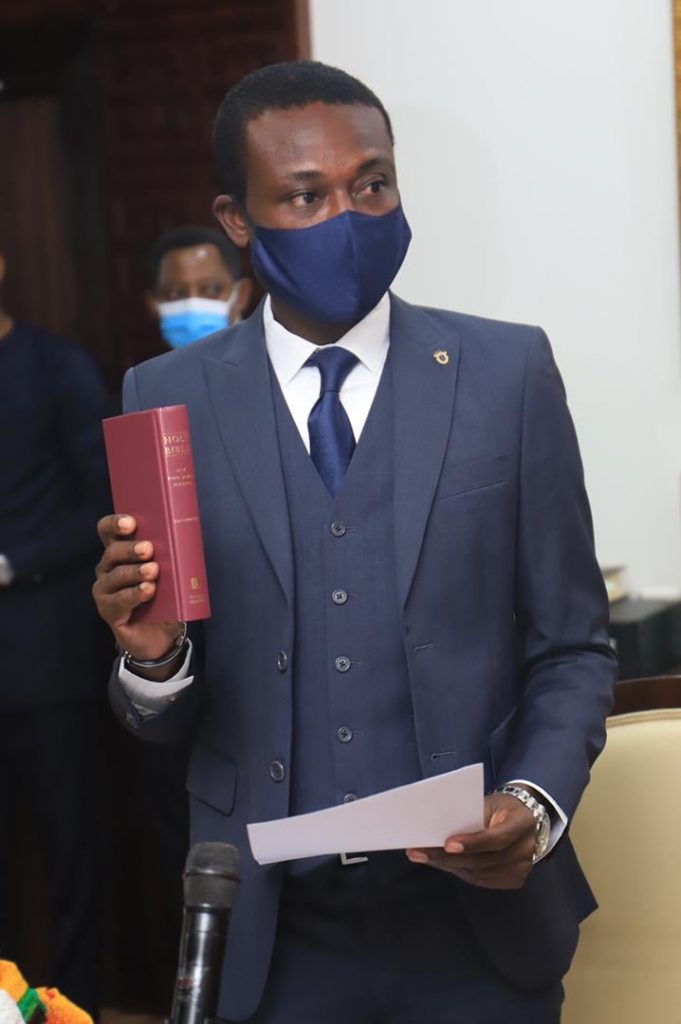Infrastructural Challenges, Koboe Okumka Basic School Authorities Cry For Help Over Abandoned Projects

Education is a human right. Schools are the platforms for which this right is enhanced. A school is capable of facilitating this right when adequate infrastructure are available – libraries, classrooms, dining halls, laboratories and workshops, furniture and other teaching and learning materials.
On the contrary, across the length and breadth of this country, schools right from the kindergarten to the senior high school level are bedeviled with infrastructural challenges – a challenge that keeps making it difficult for the academic success of those who happen to attend these schools of which Koboe Okumka Basic School in the Yilo Krobo municipal is not exceptional.
The school block which was started in 2010 under the late president J. E. A. Mills administration has been abandoned without any effort to complete the project till date.
The authorities of the school are therefore calling on the Municipal Assembly under the able leadership of Hon Ebenezer Tetteh Kupualor and the Member of Parliament Hon Lawyer Magnus Kofi Amoatey to come to the aid of the school.
According to them they are faced with a lot of challenges, ranging from lack of furniture to poor infrastructure, especially for the Junior High School.
Globally, access, equity and quality form the basis of every educational sector. These are defined largely by the adequacy or inadequacy of infrastructure as well as teachers. As much as governments over the years have been making some reforms in the educational sector, there’re still schools – both in rural and urban areas, where pupils and students learn under trees or in dilapidated classrooms and under other discouraging conditions.
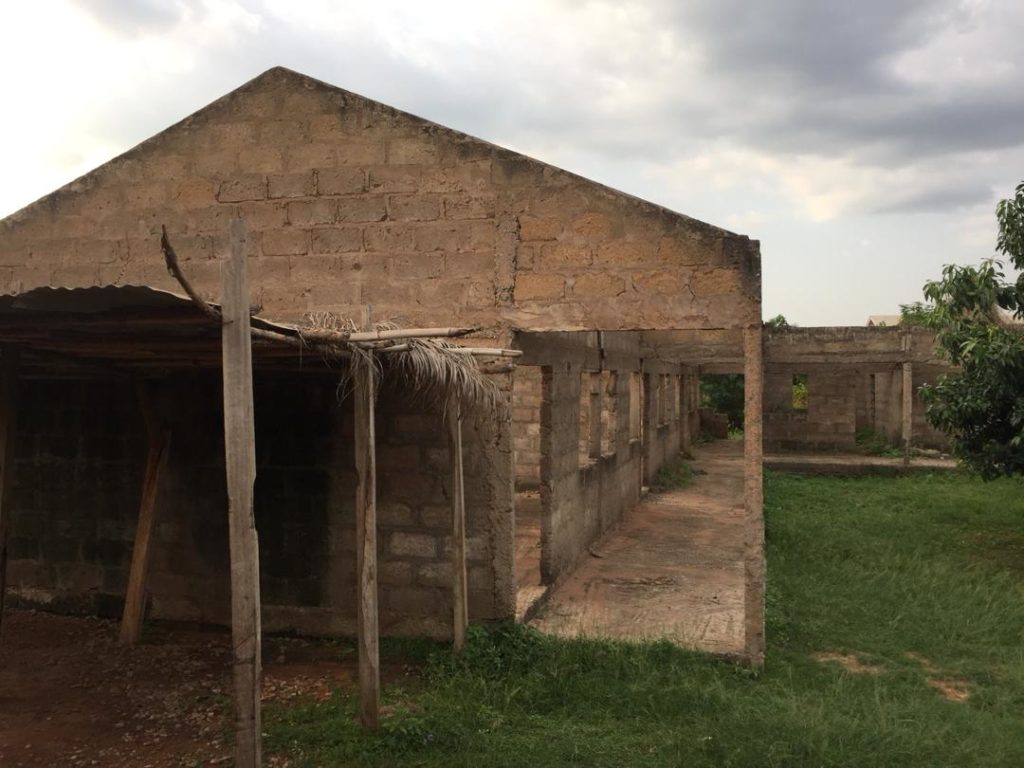
These infrastructural challenges have dire consequences on the safety, contact hours and intellect of the pupils and students: school buildings collapse and fall on pupils resulting in deaths and injuries, abrupt end of class hours as a result of rains and truancy and consequently the annual abysmal performance of pupils and students at the Basic Education Certificate Examinations (BECE) and the West African Senior School Certificate Examinations (WASSCE).
The Assembly Member for Sra Electoral Area, Hon Narh Eric Kwao said the situation is affecting quality education in the school.
Despite several letters to get the contractor back to site, the correspondence were to no avail.
In spite of the effort to ensure that all children of school going age were enrolled, most school children study under bad conditions in the school.
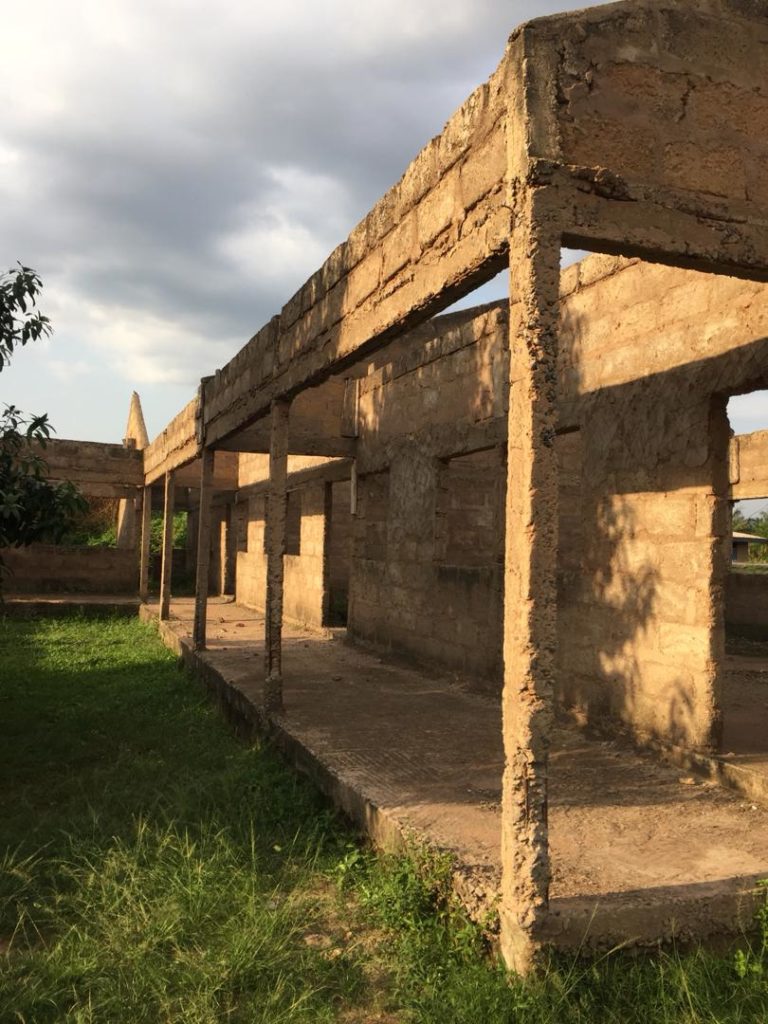
“Over the years, there has been a lame excuse: the government can’t do it all – a reason that sounds good but not a good reason. It’s lame because all the resources that must be used to develop the educational sector is vested in the hands of the state and held in trust for the people by the government, so why can’t government do all?” the Assembly member asked.
Adding: “It’s high time those who are voted for to manage the affairs of this country rise above this excuse and address the challenges without making any excuses because it does not exonerate them; education is crucial to the development of every nation – it exposes peoples to the challenges that confront them and provides them with skills to find sustainable solutions to these problems.”
Having subscribe to United Nations Sustainable Development Goals(SDGs), goal 4 says, “ensure inclusive and equitable, quality education and promote life-long learning opportunities for all”. Scrolling, target 4 (a) read, “build and upgrade education facilities that are child, disability and gender sensitive and provide safe, non-violent, inclusive and effective learning environments for all”.
Lawyer Magnus Kofi Amoatey, Member of Parliament for Yilo Krobo Constituency reacting to the issue said, “the problem of poor infrastructure runs through our educational sector right from early childhood to the senior high school level and, reportage on the educational sector especially from the rural areas reports the following: pupils sitting on the bare floor, learning under a tree or in dilapidated classrooms, learning without the requisite teaching and learning materials – a situation that makes access, equity and quality nothing but mere words so there is the need to invest more in education.”
He said there is no document covering that project therefore making it difficult to continue but urged the assembly to work towards the continuity of the project since he has exhausted all his funds to enhance quality education.
The lawmaker denied his involvement in that project after the assembly accused him of not complying with Star Home, Non-Governmental Organization that agreed to work on that project.
By Austin Ofori Addo/ritefmonline.org

